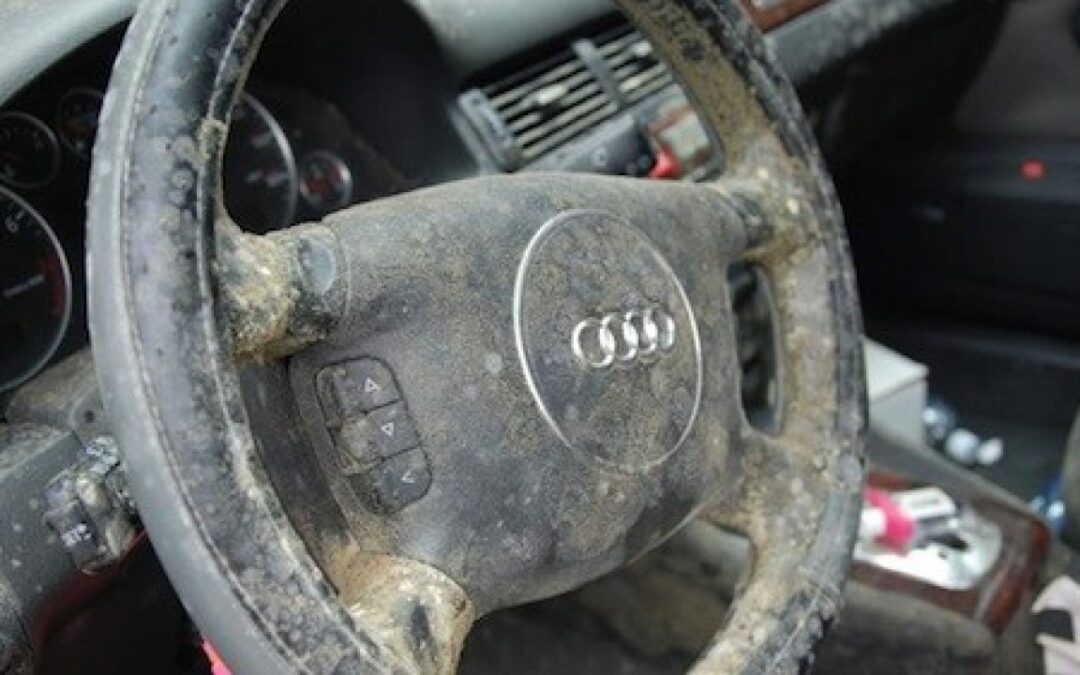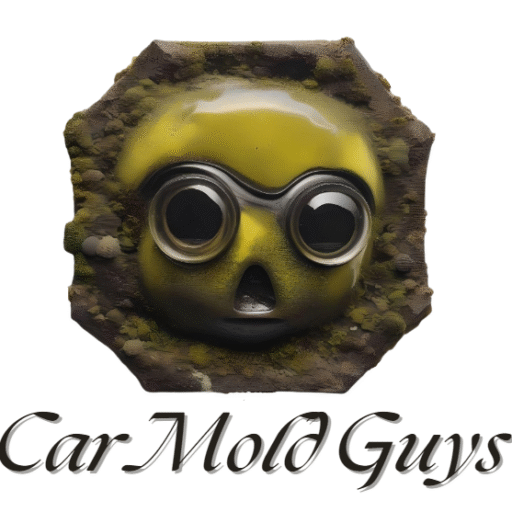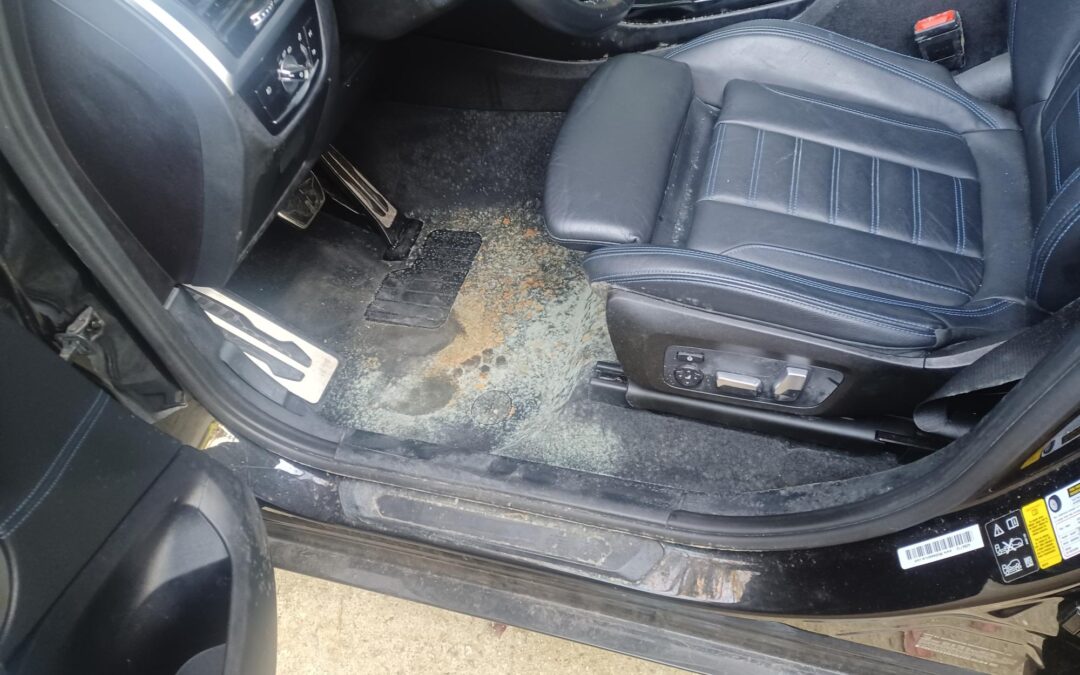
What causes mold to grow in a car
What causes mold to grow in your car? Mold in your car is not only unsightly and unpleasant, but it can also pose a serious health risk, particularly to those with allergies or respiratory issues. Understanding the common causes of car mold is essential to preventing its growth and ensuring the safety and comfort of your vehicle’s occupants. In this article, we’ll explore three primary factors that contribute to the development of mold in cars: moisture, poor ventilation, and organic material.
- Moisture: A Mold’s Best Friend
Moisture is the most critical factor in the development of mold, as it provides the ideal environment for these pesky fungi to grow and reproduce. In cars, moisture can come from various sources, including:
- Leaks: Water leaks from the sunroof, windows, or door seals can lead to moisture accumulation in the vehicle’s interior, creating a breeding ground for mold. Regularly inspect your car for signs of water intrusion, and fix any leaks as soon as possible to prevent mold growth.
- Condensation: Temperature differences between the inside and outside of your car can cause condensation to form on windows and other surfaces, contributing to a damp environment. To minimize condensation, try to keep your car’s interior temperature stable and use air conditioning or heating to reduce humidity levels.
- Wet Items: Wet clothing, towels, or other items left in your car can lead to excessive moisture and create the perfect environment for mold growth. Always remove wet items from your vehicle as soon as possible, and allow them to dry thoroughly before putting them back.
- Poor Ventilation: Trapping the Problem
Lack of proper airflow is another significant factor that can contribute to mold growth in your vehicle. Poor ventilation can lead to a build-up of humidity and moisture, allowing mold spores to flourish. To prevent mold development, follow these tips:
- Regularly Air Out Your Car: Make it a habit to open your car windows and doors for a few minutes daily or every other day. This simple action can help circulate fresh air, reduce moisture levels, and prevent mold growth.
- Use Your Car’s Air Conditioning: Running your air conditioning regularly, even in cooler weather, can help keep your car’s interior dry and reduce humidity. The air conditioning system acts as a dehumidifier, removing excess moisture from the air.
- Install a Solar-Powered Ventilation Fan: A solar-powered ventilation fan can help maintain proper airflow in your vehicle, even when it’s parked. The fan draws fresh air into the car, pushing out stale, humid air and reducing the risk of mold growth.
- Organic Material: Feeding the Fungi
Mold needs an organic food source to grow, and your car’s interior can provide plenty of options. Common organic materials in your vehicle that can foster mold growth include:
- Food and Beverage Spills: Leftover crumbs, spills, and residue from food and beverages can provide ample sustenance for mold. To avoid this, clean up spills immediately, and vacuum your car’s interior regularly to remove any lingering debris.
- Dirt and Debris: Dirt and debris brought into the car from shoes, clothing, and pets can also serve as a food source for mold. Regularly vacuum and clean your vehicle’s floor mats and upholstery to minimize the risk of mold development.
- Wet Upholstery: Wet or damp upholstery from spills, leaks, or high humidity can harbor mold spores. Make sure to dry out any damp upholstery as soon as possible, and consider using a dehumidifier or moisture-absorbing products to help keep your car’s interior dry.

